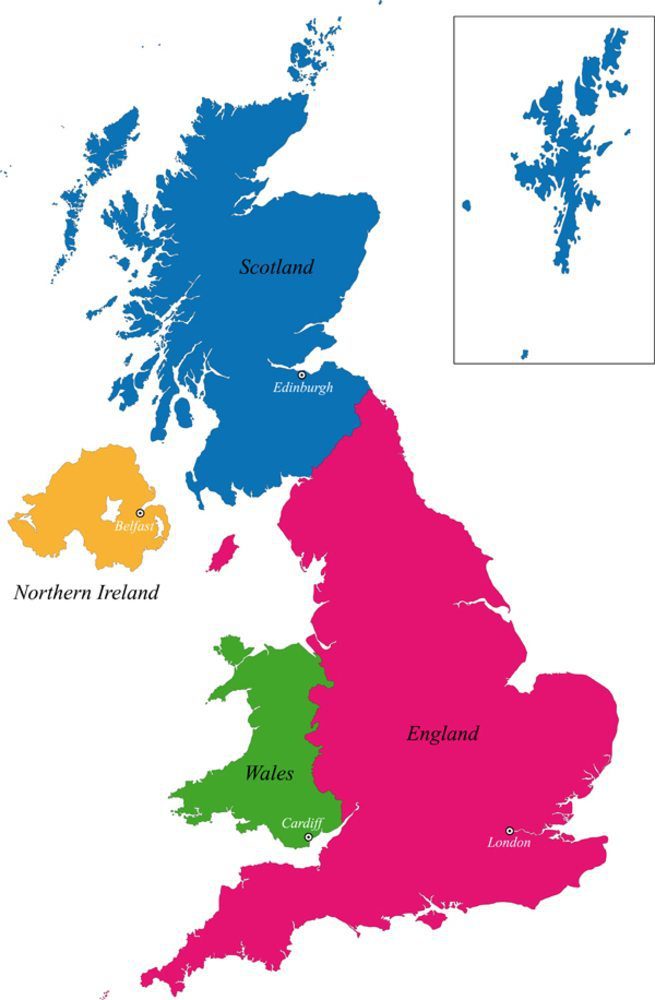RootMetrics took its road show to the United Kingdom during the second half of last year, returning with network quality data claiming a solid win for operator EE, and excuses from last-place finisher Vodafone.
RootMetrics said that it tested wireless networks for U.K. operators EE, O2, Three and Vodafone across 23,390 miles of drive testing and at more than 1,000 indoor locations using “off-the-shelf” smartphones. The tests included what it termed reliability, speed, mobile Internet performance, call performance and text performance tapping into operators’ 2G, 3G and LTE networks.
When the data was tallied, RootMetrics claimed EE had the country’s best network, posting a score of 84.6 out of 100. Three was a distant No. 2 with 73.5 points, followed by O2 with 66.5 points and Vodafone with 52.4 points.
To go along with its top ranking, EE posted the highest individual scores across all the testing segments, including dominate wins in speed and mobile Internet performance. Analysts noted EE’s performance bolstered the carrier’s stance to always be one-step-ahead of its rivals.
“Clearly EE scores very well and this reflects both their strategy for wanting to continue to be one-step-ahead with their network and the money they have put behind it,” said Matthew Howett, telecoms regulation analyst at Ovum.
EE, which is a joint venture between Deutsche Telekom and France Telecom, has aggressively rolled out LTE services, initially launching the network in 2012, and more recently launching LTE-Advanced services covering portions of London. The LTE-A network is using carrier aggregation capabilities to combine 20 megahertz of spectrum in the 1.8 GHz band and 20 megahertz in the 2.6 GHz band to supply a total of 40 megahertz to the offering. The carrier said the service can provide download speeds of up to 300 megabits per second.
In pulling a second-place ranking, Three’s individual test results were a bit scattered. The carrier was No. 2 in reliability and mobile Internet performance; No. 3 in call and text performance; and No. 4 in speed.
O2 was a bit more consistent, pulling down No. 2 rankings in speed, call and text performance; and No. 3 in reliability and mobile Internet performance. Vodafone managed one third-place ranking for speed, but was otherwise at the bottom of each individual test.
Vodafone, which is one of the world’s largest operators, downplayed the results, telling BBC News that it could not “take the results of this report seriously and neither should our customers,” citing the tests were “carried out in an inconsistent manner.”
Ovum’s Howett did cut Vodafone some slack, noting the carrier is in the process of an extensive network upgrade program dubbed Project Spring. Vodafone has tapped a number of infrastructure vendors, including Huawei, Samsung, Ericsson and Nokia Solutions and Networks as part of its $11 billion program designed to upgrade networks across 15 countries in Europe and Africa.
“While Vodafone doesn’t score so well in comparison, they shouldn’t be written off,” Howett wrote in his report. “They too have ambitious plans for network upgrades which are being delivered through ‘Project Spring’. Some of the early results of this are probably not being captured in this first ranking from RootMetrics.”
RootMetrics released a similar report last week covering the United States, which also drew jeers from poor-performing carriers. That report had Verizon Wireless and AT&T Mobility dominating the nationwide survey, with Sprint and T-Mobile US at a considerable distance in the No. 3 and No. 4 positions.
T-Mobile US CEO John Legere protested the results, claiming the testing was conducted during the second half of last year and that the carrier has made significant strides in bolstering its network through the first part of this year. Verizon Wireless seemed pretty happy with the test’s timing and methodology, conducting a conference call with reports the morning the report was released to tout the results.
Bored? Why not follow me on Twitter

